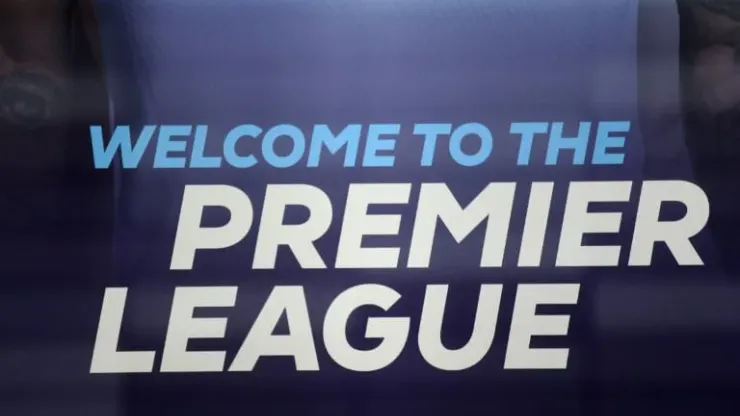London (AFP) – The British government confirmed on Monday that it would create an independent football regulator to ensure the financial sustainability of the game despite objections from the Premier League.
Ministers have given their formal support to 10 recommendations set out in a fan-led review that was published in November.
They also include greater consultation with supporters via shadow boards and fairer distribution of money from the top of the game downwards.
The government commissioned the review, led by former sports minister Tracey Crouch, a year ago following the European Super League scandal.
Ministers support the idea of a regulator for football in England backed by legislation to provide it with statutory powers to license and sanction clubs and have financial oversight of their operations.
Football finance experts Deloitte found that in 2018/19, before the Covid-19 pandemic, second-tier Championship clubs were spending 107 per cent of revenue on wages — way above UEFA’s new financial targets of 70 per cent.
The government backs the idea of the regulator operating enhanced owners’ and directors’ tests, to replace those operated by the Premier League, the English Football League and the Football Association, including a tougher new “integrity test” for owners.
It comes during the ongoing sale of Chelsea by Russian owner Roman Abramovich, who was targed by UK sanctions last month after Russia’s invasion of Ukraine.
Rights group Amnesty has raised concerns over the ownership of the Stamford Bridge club and also criticised the purchase in October of Newcastle by a Saudi-backed consortium, saying it was an attempt to “sportswash” the Gulf kingdom’s human rights record.
It is not clear yet whether any integrity test would include human rights issues within its scope.
– Radical change –
Prime Minister Boris Johnson said the independent regulator would “help fans to stick up for their interests and stick up for the interests of historic clubs”, adding that he hoped there would be rapid progress towards new legislation.
Sports minister Nigel Huddleston said radical change was needed to protect the future of the game.
“We will work at pace to establish a strong, independent regulator,” he said.
“However, the football authorities can take action now to tackle issues currently facing the game such as the issue of fair distribution of finances throughout the football pyramid and giving fans a greater say in the running of their clubs.”
The Premier League accepted the need for reform but said a “statutory-backed regulator” was not necessary.
“We welcome the clarity from the government about their position, and are committed to working with them during this next phase of consultation, although we will continue to maintain that it is not necessary for there to be a statutory-backed regulator,” it added.
Crouch said the government’s endorsement of her review was “an enormous step forward” for major reform in football but that the unspecified timeframe for implementing change was “worrying” for clubs and fans.
Julian Knight, the chairman of the House of Commons Digital, Culture, Media and Sport committee, also criticised the lack of a definitive timeframe for legislation.
“With no firm timescale to tackle the deep-rooted problems afflicting the game and no move to establish the regulator in shadow form ahead of legislation, it feels like the government has parked the bus, when they should be going flat out on the attack to deliver in the best interests of fans,” he said.
200+ Channels With Sports & News
- Starting price: $33/mo. for fubo Latino Package
- Watch Premier League, Women’s World Cup, Euro 2024 & Gold Cup
The New Home of MLS
- Price: $14.99/mo. for MLS Season Pass
- Watch every MLS game including playoffs & Leagues Cup
Many Sports & ESPN Originals
- Price: $10.99/mo. (or get ESPN+, Hulu & Disney+ for $14.99/mo.)
- Features Bundesliga, LaLiga, Championship, & FA Cup
2,000+ soccer games per year
- Price: $5.99/mo
- Features Champions League, Serie A, Europa League & Brasileirāo
175 Premier League Games & PL TV
- Starting price: $5.99/mo. for Peacock Premium
- Watch 175 exclusive EPL games per season






